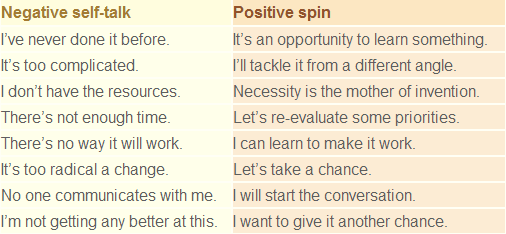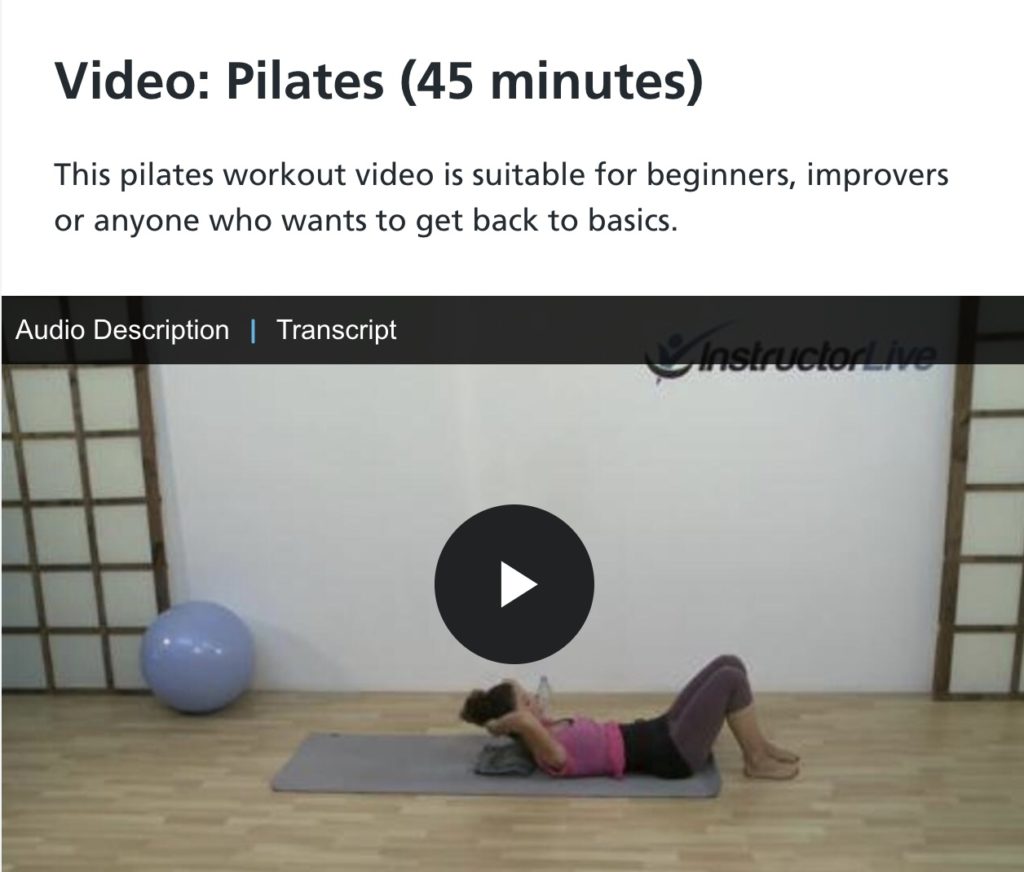Are you suffering with back pain? Sciatica? Ankylosing spondylitis? Guess what? You are not alone. Thinking about seeing the doctor? Do you need a scan? Mood starting to drop due to the pain? Watch this video about low back pain which could just be the best 10 minutes you could spend to learn more about your back pain and what you could do!
So what can you do if you suffer with back pain to help you ?
- Be active – there are very few reasons why you cannot stay active. Movement is the best medicine!
- Try to lose weight if you are overweight. Talk to the Be Well Tameside, your GP or nurse if you need help
- Sign up for online services. Order prescriptions online if you have them on repeat and get access to your records. You can send secure messages online to the surgery too if need be for non-urgent messages. We have got a lot of exciting new developments coming soon to support your back pain too. Make sure you know what to do and if you are not sure then ask! That’s what we are here for to help you!
- Look at some of the resources below which could help you to see what else you can do
75% of patients with back pain at Haughton Thornley Medical Centres have access to their records and can review what their doctor or nurse has advised them, check the results of any tests they have had including blood tests or scans they may have and and letters from their physiotherapist or orthopaedics surgeon or others to help them understand their condition better now! (Correct on 17th March 2019)
Links for more information
NHS Choices: Back pain including back pain stretches
Other places to find back pain exercises include:
- NHS back pain pilates video workout
- Chartered Society of Physiotherapy: video exercises for back pain
- BackCare: exercises for back pain
Activities like walking, swimming, yoga and pilates may also help ease back pain.
Pilates has been shown to be effective for patients with long term (chronic) non-specific low back pain. Here is a pilates video for beginners.
Patient.co.uk: Lower Back Pain
Retrain pain – 8 free modules that help you to understand pain, your mind and goals, sleep and pain, medications and relationships

Watch short 1 minute videos that provide more insight into how you can better manage and overcome chronic pain.


Pete Moore created the Pain Toolkit to help patients better self manage chronic pain. He has produced a number of tools which help you to manage your pain better. Click on each below to watch a video to show you more:
- Acceptance
- Get involved
- Pacing
- Prioritising
- Setting goals
- Be Patient
- Relaxation
- Exercising
- Track Progress
- Setback Plans
- Team work
- Daily practice
Play the Pain Toolkit game and learn more about chronic pain.

Download the Paintoolkit booklet to learn more about the Persistent Pain cycle
Learn about persistent pain and the pain cycle
Haughton Thornley Medical Centres feel patients can greatly benefit from the resources above to help with your back pain. Remember often back pain can resolve itself if you follow some of the advice your doctor or nurse provides or some of the helpful information that we have provided above. Even if you are still in pain, there is a lot you can do by following the simple, easy advice. The pain toolkit helps people with long-lasting pain too.
Here is a little reminder on the difference between negative self-talk (which often keeps people feeling low and as though nothing can change) to positive spin to help us think things differently!




